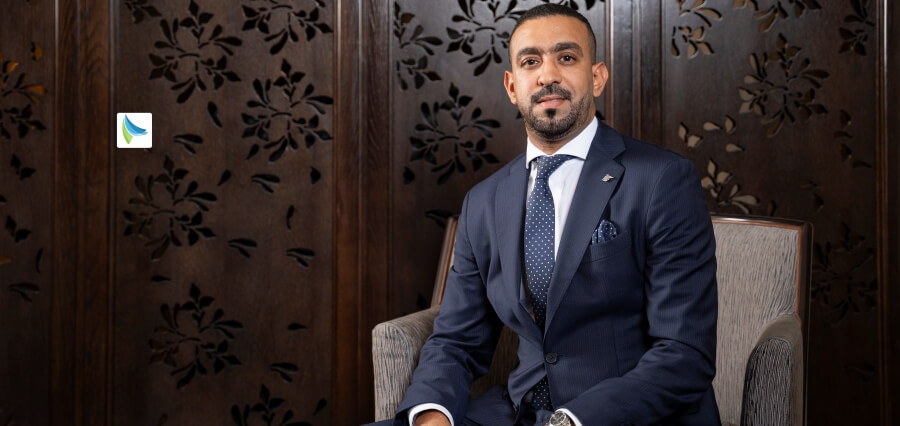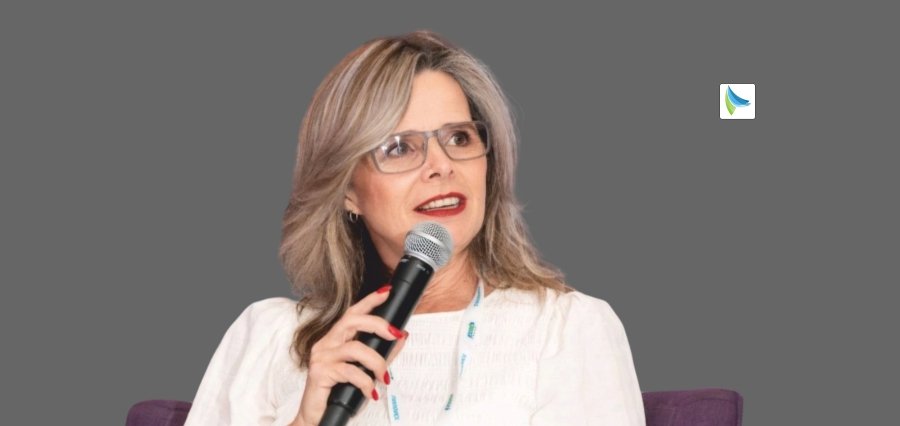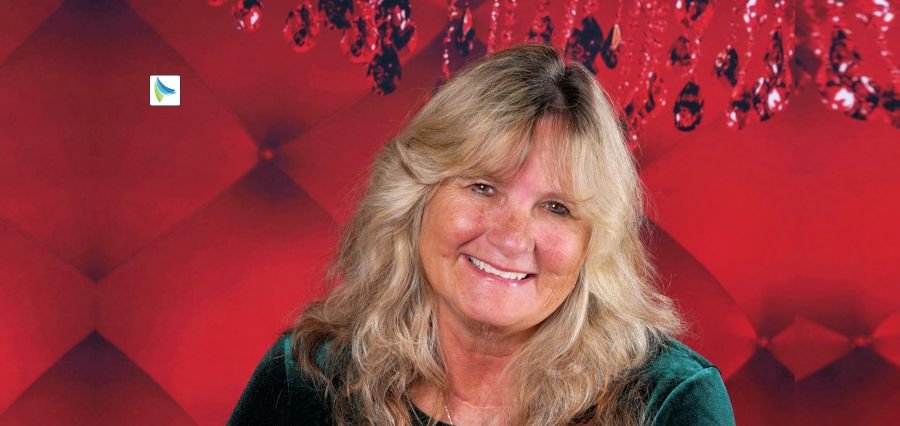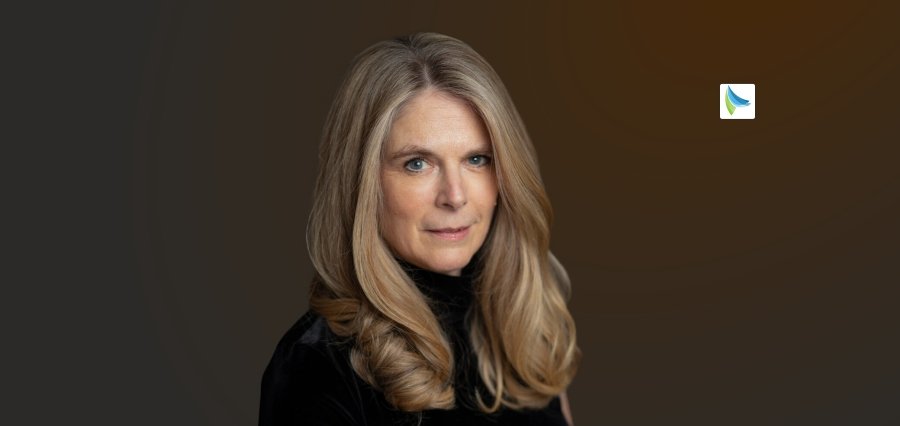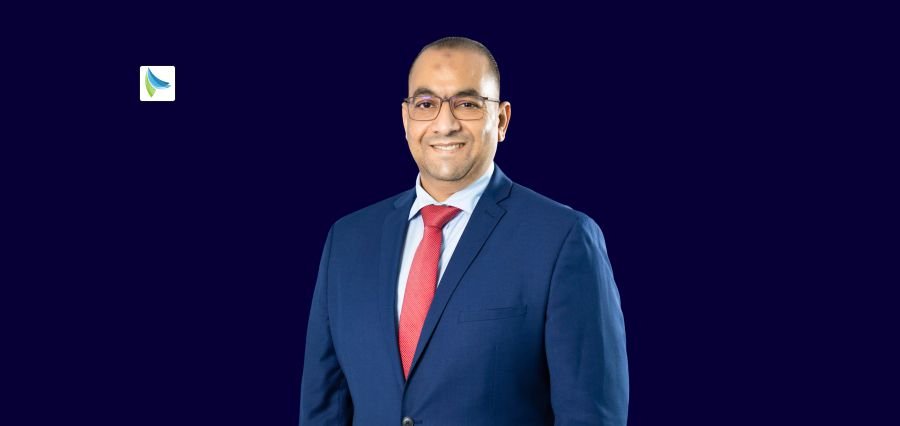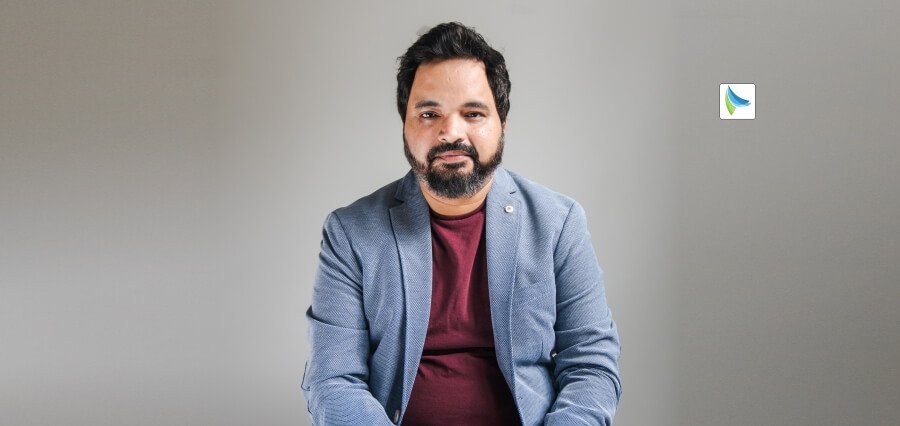In the realm of exclusive hospitality, which typically lurks in the shadows behind sparkling silver and marble façades, Said El Moudni has established himself the task to de-mystify and fashion the elaborate machinery which makes it all possible. His own career, beginning in Morocco, where welcoming guests was a way of life rather than a career, and continuing to the present day as Director of Finance, JW Marriott Hotel Muscat, is defined by a unique combination of financial expertise and interpersonal skills.
His journey has never been quite so straightforward as it seems. He was drawn to the more profound question of how financial planning can support the visitor experience and make possible those who work behind the scenes, while others in his line of work concentrate solely on operational accuracy. With an MBA in economics, significant international qualifications, and an academic background in hotel management from ISEEM El Jadida, he has prepared budgets for some of the globe’s most renowned companies.
Other than numbers, he is seen as an emerging voice of next-generation leaders, offering insight on purpose, resilience, and flexibility. Leadership, says El Moudni, is more about building potential than titles. His journey is serving as a guide and an invitation to invest in people, lead with honor, and make ideas come to life.
Roots in Moroccan Hospitality
El Moudni’s story begins in Morocco, where hospitality wasn’t merely a profession, it was a way of life woven into the cultural fabric. “Growing up in Morocco, hospitality wasn’t just a job; it was life. My family always had guests around, so making people feel welcome felt totally natural,” he recalls.
This early immersion in the art of hospitality would prove to be the foundation of a career that spans continents and cultures. But his path wasn’t conventional. While many in his field focus solely on operations, he was drawn to something deeper—the financial mechanisms that transform hospitality dreams into sustainable realities.
His academic journey at ISEEM El Jadida in Morocco, where he studied Hotel Management, was complemented by an impressive array of professional certifications. The ACCA in International Financial Reporting, GAQM Certified Finance Manager, and GAQM Certified Financial Analyst credentials speak to a mind hungry for knowledge and precision. Currently pursuing his MBA at the University of Woolf in Malta, he embodies the principle of lifelong learning that he advocates for emerging leaders.
The Financial Philosopher
What sets El Moudni apart in the competitive world of hospitality finance is his philosophical approach to numbers. Where others see spreadsheets and profit margins, he sees stories of human connection and potential for transformation. “My interest in hospitality finance started with a simple question: how does all the magic behind a great guest experience actually work?” he explains.
This curiosity-driven mindset led him to a profound realization early in his career: “Finance in this industry is about way more than crunching numbers. It’s about connecting operations and creativity, and making sure the business side helps not hinder the guest experience.”
This philosophy has guided his work across some of the most prestigious hotel brands in the world—The Ritz-Carlton, The Ritz-Carlton Reserve, Marriott, Hyatt, and JW Marriott Marquis throughout UAE, Saudi Arabia, Morocco, Qatar, Oman, and across the GCC and Africa.
Mastering the Art of Transformation
El Moudni has carved out a unique niche in the hospitality industry: the complex world of hotel transformations. His specialty lies in the challenging terrain of pre-openings, property conversions, and rebranding projects, the kind of high-stakes financial operations that can make or break multi-million-dollar investments.
The real turning point in his career came with his first pre-opening project. Building the financial foundation of a new hotel from scratch proved both daunting and incredibly exciting for him. He enjoyed every aspect of the process—creating budgets, mapping out revenue forecasts, controlling costs, and ultimately watching it all come together as a living, breathing hotel.
His track record speaks volumes: nine hotel pre-openings, two major conversions, and a high-stakes rebranding. Among his most notable achievements are transforming the Shangri-La Doha into JW Marriott Marquis and converting Hyatt Hotel Apartments into Marriott Executive Apartments projects that demonstrated how strategic financial planning can turn massive transitions into smooth, profitable ventures.
The numbers tell their own story of success: a 13.9 percentage increase to the bottom line at JW Marriott Muscat, reducing pre-opening expenses by $1 million at a prominent hotel in Doha, and consistently managing multi-million-dollar revenues across his portfolio.
Crisis as Catalyst
If there was ever a test of El Moudni’s leadership philosophy, it came in the form of the global pandemic. As Multi-Property Financial Controller for three Marriott properties in Doha during COVID-19, he faced what he describes as “a true test for everyone in hospitality.”
“I faced extreme drops in revenue and a constant sense of uncertainty. My focus became simple: keep the business afloat and protect as many jobs as possible,” he recalls.
But true to his transformational mindset, El Moudni saw opportunity within crisis. “Even in the chaos, opportunities surfaced. With fewer guests, we finally had the chance to fast-track maintenance projects that would have been a headache at full occupancy, setting us up for a stronger comeback.”
His pandemic strategy centered on three pillars: aggressive cost management, strategic pivoting to new market segments, and transparent communication. The team quickly adapted to attract local business, quarantine stays and extended-stay guests moves that helped stabilize cash flow during the industry’s darkest hours.
He reflected with satisfaction that they hadn’t just weathered the storm but had emerged more efficient and resilient. That experience, he noted, had reinforced his belief that in times of crisis, resilience is just as important as vision in achieving lasting success.
The Leadership Philosophy
El Moudni’s approach to leadership is refreshingly human centered in an industry often dominated by metrics and margins. His management philosophy centers on what he calls “multiplying potential” a concept that goes beyond traditional mentorship to actively creating opportunities for team members to excel and advance.
“For me, true leadership is about multiplying potential not just maximizing profits. There’s nothing better than watching a team member find their confidence and shine.” he explains.
He has built a reputation for developing talent that goes on to leadership roles throughout the industry. Speaking about the personal messages of gratitude he receives from former team members, he says, “They mean more to me than any official award. They’re the real measure of success in my book.”
His leadership style balances high expectations with empathy and patience. He sets the bar high not just for himself, but for everyone around him. While this approach drives results, he has learned to temper expectations with empathy and patience, understanding that growth is a process rather than an instant result.
Balancing Act
Managing the intense demands of hospitality finance while maintaining personal well-being requires what El Moudni calls “rhythm rather than balance.” His approach is refreshingly honest about the realities of executive life in the 24/7 world of luxury hospitality.
“Let’s not sugarcoat it—hospitality finance is intense. The pace is quick, expectations are high, and if you’re not careful, your work will spill over into every corner of your life.” he acknowledges
His strategy involves clear prioritization, effective delegation, and leveraging technology to maintain oversight without being physically tethered to the office. “These days, I can keep tabs on vital financials from my phone or laptop. That means I can step out of the office whether to catch my kids’ school activities or just to clear my head without losing touch with what matters.”
He emphasizes the importance of presence and honesty, stating that it’s about being present both at home and at work when it matters most. Sometimes work takes the lead, and sometimes life does. The key, he believes, is knowing oneself, being honest in conversations, and having the courage to pause before things get out of hand.
Vision for the Future
As the hospitality industry continues to evolve in the post-pandemic world, El Moudni sees a future where financial leadership must balance technological advancement with human connection. His recent recognition as one of the Global 200 Power Leaders in Finance 2025 by White Page International, alongside his Change Champion Award nomination from Marriott International EMEA, positions him as a voice of authority in this transformation.
“Looking ahead, the leaders who stand out will be those who balance business savvy with genuine human connection. It’s tempting to focus only on the numbers, especially as technology and automation ramp up. But in hospitality and, honestly, in life-relationships are everything,” he comments.
His message to aspiring leaders is grounded in this philosophy: “Leadership is about serving, not just steering. Your title? That’s just ink on a business card. What really matters is how you show up for your team, listening, supporting, guiding. People don’t follow titles; they follow leaders who actually care.”
The Road Ahead
From his current base at JW Marriott Hotel Muscat, where he continues to drive financial excellence while developing the next generation of hospitality leaders, El Moudni represents a new breed of financial executive one who understands that in the business of creating memorable experiences, the most important investment is in people.
His mantra for success is elegantly simple yet profoundly challenging: “Success isn’t a straight line. It’s full of unexpected turns, setbacks, and small wins along the way. Lead with integrity, invest in your people, and stay adaptable. If you focus on creating value for others and keep your eyes open to new possibilities, success will follow.”
As the hospitality industry continues to evolve, leaders like Said El Moudni are proving that the most sophisticated financial strategies are those that never lose sight of their human purpose. In a world where luxury is increasingly defined by authentic connection and meaningful experiences, his approach to finance as a tool for transformation rather than merely transaction offers a compelling blueprint for sustainable success.
In the end, El Moudni’s story is not just about mastering the complex mathematics of hospitality finance; it’s about understanding that behind every number is a human story, and behind every successful hotel is a leader who knows that the most valuable currency is trust, growth, and the potential to transform dreams into reality.
Read Also: Most Transformational Leader Making An Impact In 2025






